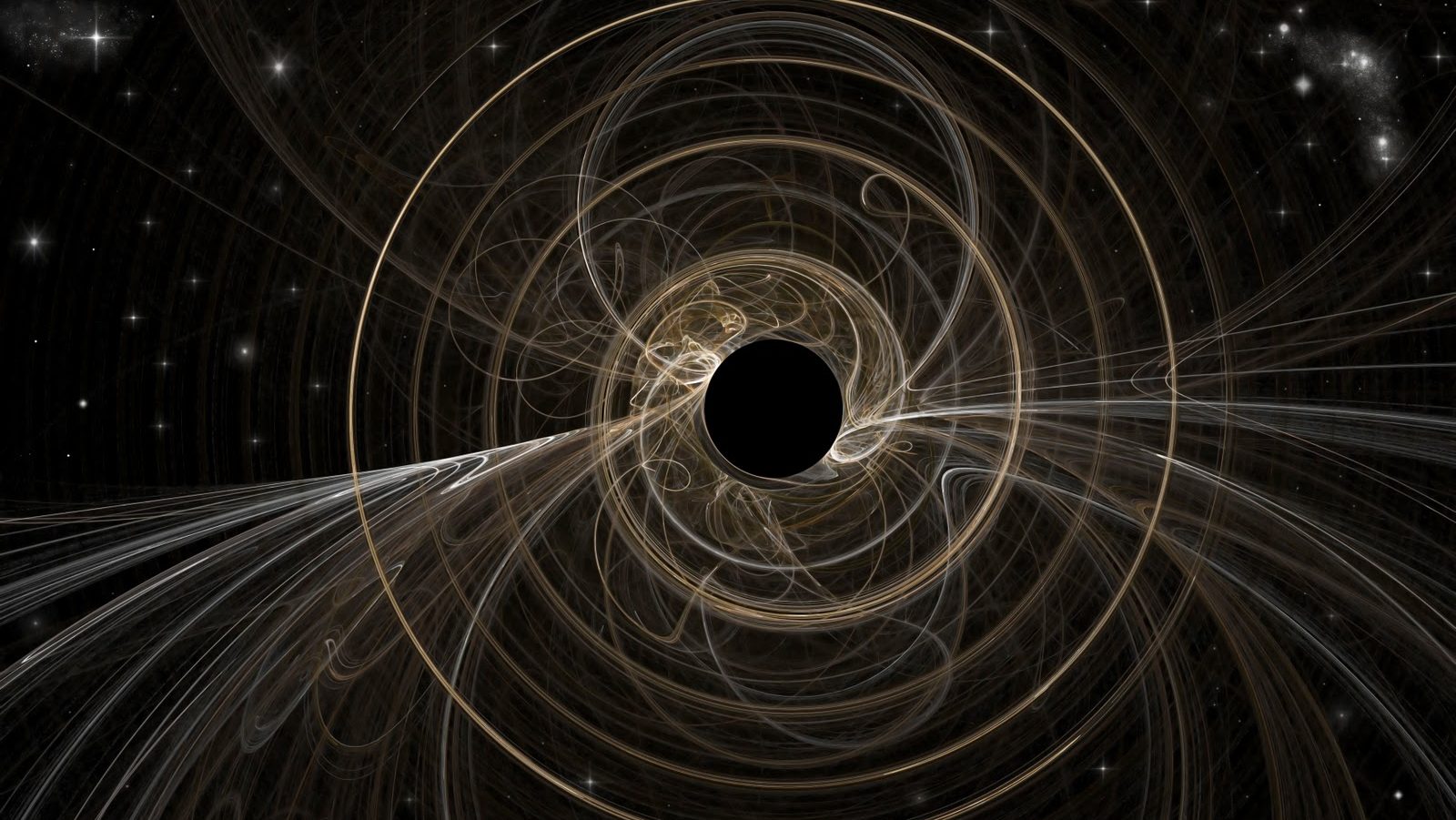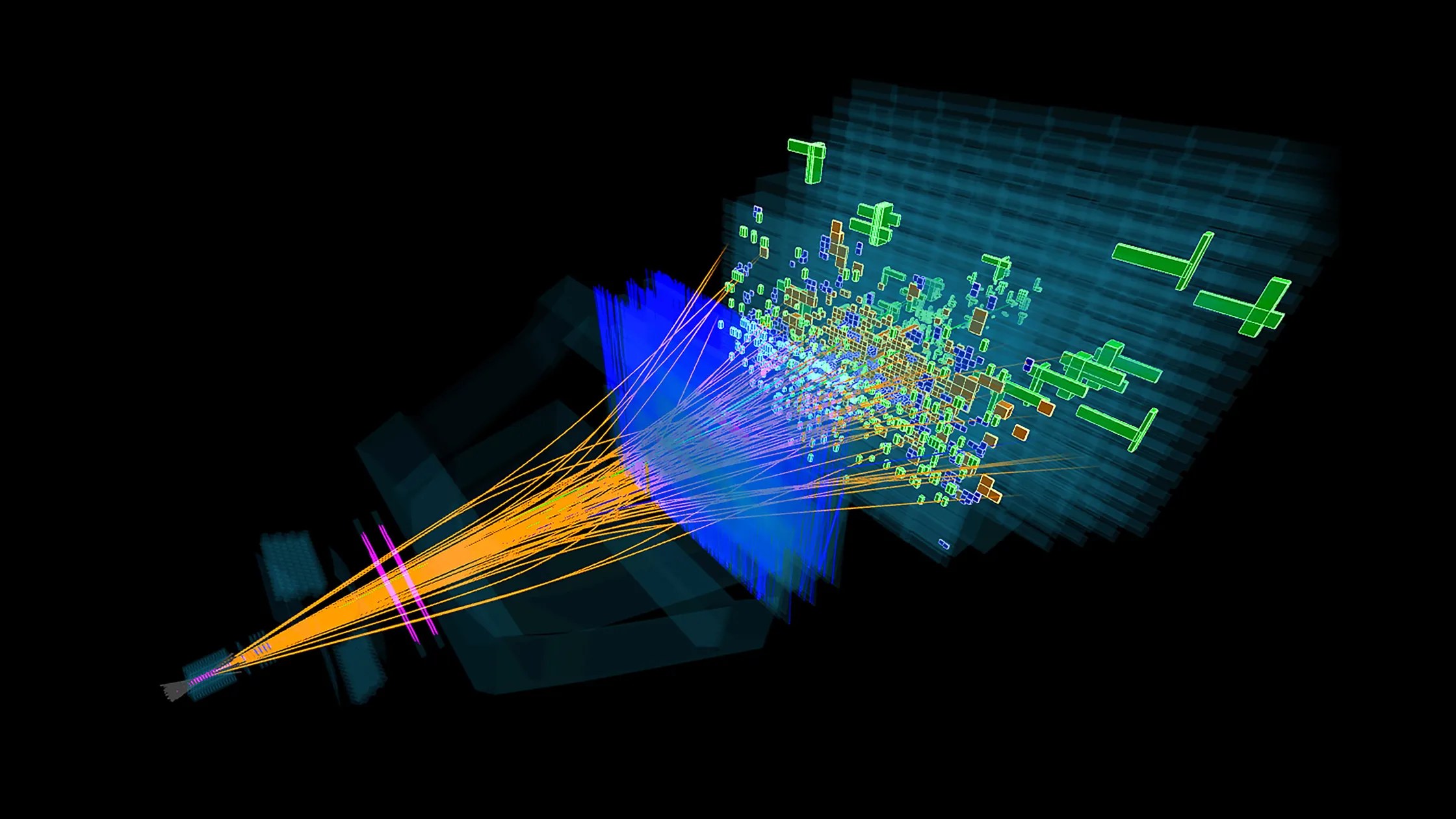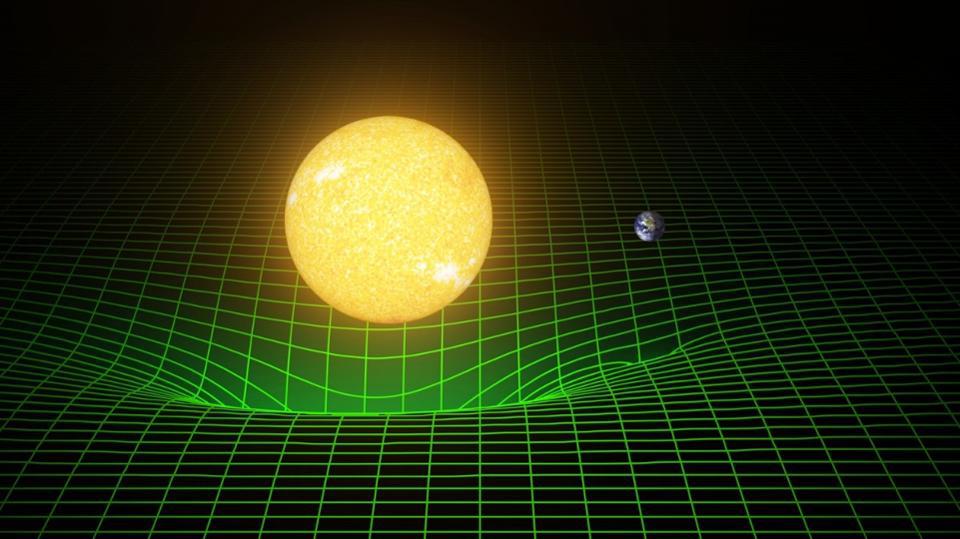GLAAD pushes for equality for the LGBT community through media advocacy.
Question: What is GLAAD?
Neil Giuliano: We are the Gay and Lesbian Alliance Against Defamation. We do the media advocacy and anti-defamation work that we believe moves to changing hearts and minds about the LGBT community on our path for full equality in this country. So media advocacy, dealing with people in the media, making sure they have fair, accurate and inclusive representation of the LGBT community, in their stories, in their portrayals, whether it’s television, film, news stories, whatever it may be. And then we’re the voice against the defamation that the community still faces on a regular basis. Just it doesn’t take long to count off the times that we’ve been very publicly defamed by high profile individuals, from the chairman of the Joint Chiefs of Staff to Jerry Lewis on his telethon last year. So there’s a lot of times when we have to step in and say, “You’re over the line, you’re wrong, you need to apologize for that; that’s not acceptable commentary and we think you need to apologize to not just the LGBT community but everyone for that kind of commentary and language.” We talk with people from all walks of life, but certainly people who are in positions of high profile, stature, in really whatever world they may be in, but certainly in the entertainment world, more so now in communities of religion and faith. We started a whole program for outreach to media in communities of religion and faith, and this very week just released some information. We’re working with Dignity USA and the out people within the Catholic faith who are going to be very vocal; when the Pope comes and visits the United States very soon they’re going to be very vocal about the way the Pope thinks and treats and talks about the LBGT community. And our role is to help their voice get as much visibility as it can. When the Pope is here we want LGBT stories to be covered with his visit as well.
Question: How did you get involved with GLAAD?
Neil Giuliano: Well I was- I had left office in July of 2004, was doing some consulting and working with real estate development projects in Las Vegas and in Arizona, and got a call one day from the search firm and they said, "There's this job open at the Gay and Lesbian Alliance Against Defamation." And I had heard about GLAAD but was not real, real familiar with it, and I said, "Yes, that's probably not something for me but let me give you some names of some people around the community, nationwide that I know who might be good for a job like that." Because all I really knew about GLAAD was their work in the entertainment industry-- great parties with great celebrities, it'd be fun to go-- but really didn't know the extent to which GLAAD is an advocacy organization working in a wide range of activity, not just entertainment at all. And so I gave them some names and they called back a few weeks later and said, "Well we've talked to some people and they really said we should talk to you about this role." And I said, "Well I'll be happy to talk with you but I'm doing some other things, I really don't think it's something that's going to pan out." And well here we are almost three years later. So it did pan out and I find it's a great honor, it's really engaging work to be on the forefront of the LGBT movement, doing the media advocacy, doing the anti-defamation work, which is-- really for me the cultural change part of the advocacy work for the LGBT movement is the most important. I spent time in the political world, so I understand that part, and I understand the importance of the legal work, but the cultural change, in my view, is what allows the legal work to proceed and allows us to build the political support we need.
Recorded on: March 4 2008





